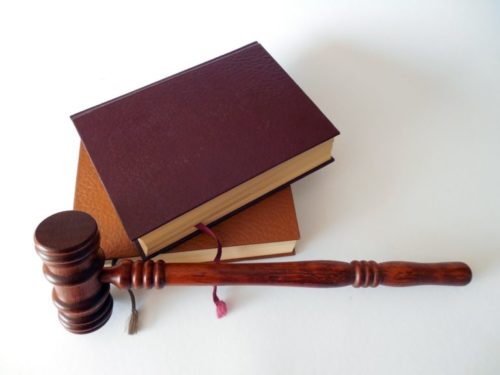A holographic will is handwritten and signed without the presence of any third-party witnesses or notary. This is a rare will type, and there are legitimate reasons for this. In fact, this will type is not even accepted as valid and enforceable in most states. With that being said, follow along to find out whether a holographic will is acceptable in New York State and how a proficient Putnam County wills attorney at the Law Office of Andres D. Gil, PLLC can help you navigate the state’s probate laws.
Is a holographic will valid and enforceable in New York State?
Well, New York State is one of the minority states that accept a holographic will. However, this may only apply if the testator is a member of the armed forces. Then, it may only be valid and enforceable if it meets its other requirements. Specifically, if it was entirely and solely handwritten by the testator; signed by the testator at the end; executed while the testator is in active duty service during a way or other armed conflict; and more.
Is it discouraged to establish a holographic will?
You must understand that a holographic will is typically only recommended if you are under emergency circumstances. For example, if you believe you are in a near-death situation without enough time to locate a witness, a notary, or a legal assistant. Otherwise, our attorneys generally recommend against making a holographic will and may sooner encourage your establishing of another type. This is because a holographic will may come with a long list of complications for the loved ones you leave behind who deal with the New York State surrogate’s court. More specific examples read as follows:
- It may be difficult to read the holographic will in the first place if the testator’s handwriting is illegible.
- It may be difficult to prove that the handwriting within the holographic will exclusively matches the testator’s.
- It may be difficult to interpret the instructions written within the holographic will if the testator used vague language.
- It may be difficult to prove that the testator signed the end of the holographic will when they were of sound mental capacity.
- It may be difficult to confirm that the presented holographic will is the final, updated document rather than one of many rough drafts.
- It may be difficult to interpret the testator’s intentions for leaving certain assets to certain beneficiaries in the holographic will if they do not write an explanation.
In conclusion, there is far more to explain than this blog has only begun to cover. For more information, please get in touch with a talented Putnam County estate planning attorney at the Law Office of Andres D. Gil, PLLC. We look forward to collaborating with you.
 ?>
?>


